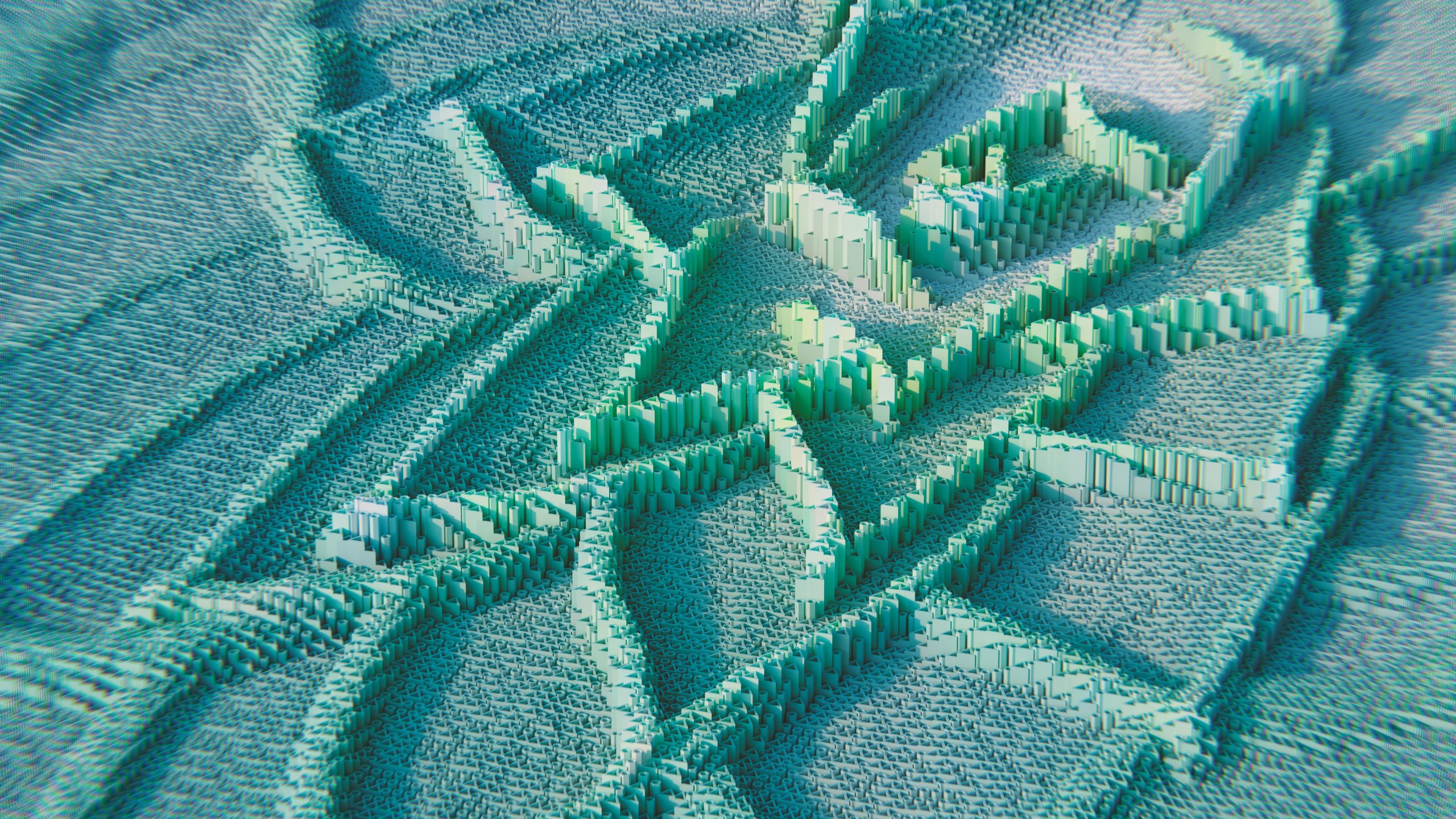Unseen and Underestimated: The Fascinating Force Challenging Our Free Will
The Hidden Threat to Our Autonomy: How Our Attention is Under Siege
In discussions about artificial intelligence and emerging technologies, many envision dystopian futures—killer robots, rogue superintelligences, or machines controlling our lives. While these scenarios capture our imagination, the true danger is far more subtle and pervasive. It’s not a sudden event but a gradual erosion of a fundamental element of our humanity: our attention.
Our worldview—the lens through which we interpret ourselves and the world—is essentially a mosaic crafted from all the sensory information we’ve absorbed over our lifetime. From the language we speak to whom we trust and our political beliefs, much of our perspective is shaped by external inputs. When we reflect on this, it becomes evident how heavily our perceptions depend on what we’ve internalized.
Every animal with a brain uses sensory information to learn and adapt; it’s the core of survival. Humans, however, possess an extraordinary ability: we can transmit our worldview through symbols—stories, language, writing—that transcend individual experience. This capacity for symbolic communication is the foundation of human civilization. It allows us to share ideas, culture, and knowledge like nothing else in the animal kingdom.
But herein lies a critical point: our written history dates back approximately 5,000 years, a relatively recent development. For most of that time, the majority of humans were illiterate, and worldview formation was predominantly driven by direct experience and the influence of a literate elite.
The advent of television introduced a new form of symbolic transmission—one that didn’t require reading but could still influence perceptions. Over time, the portion of our worldview shaped by mediated symbols increased significantly—from a minor fraction to a dominant force.
Growing up in the late 20th century, I remember a household with just one television and a desire to choose what to watch. Today, screens are omnipresent, and their content is meticulously tailored to us via sophisticated algorithms. We live in an era where a curated, personalized digital environment continuously influences our beliefs and perceptions.
Imagine a world where algorithms understand you better than you understand yourself—that your worldview is increasingly shaped by artificial intelligence and machine learning models. This isn’t a distant speculation; it’s happening now. Our digital environments subtly, yet powerfully, influence what we think and believe.
The most pressing threat is not a sudden AI takeover but the gradual, silent takeover of our symbolic landscape—our stories, images, and ideas that define our reality. If left unchecked, it could diminish our innate














Post Comment